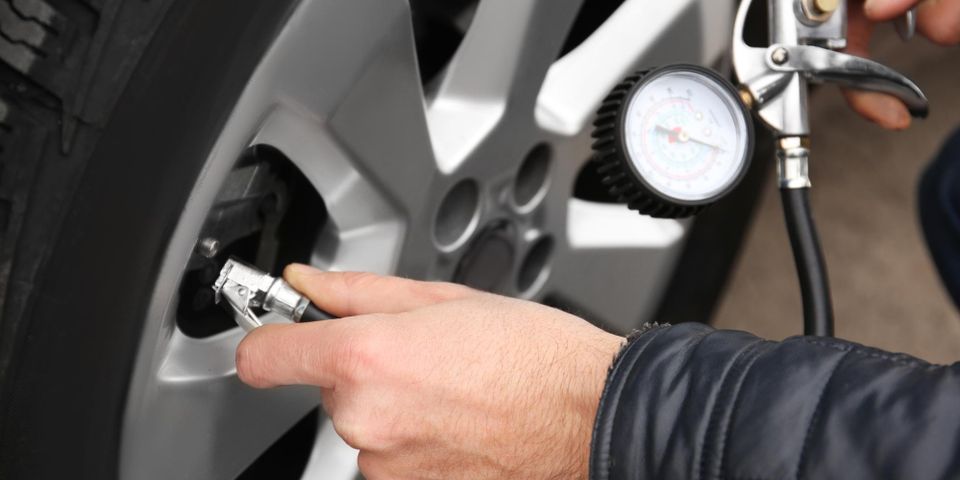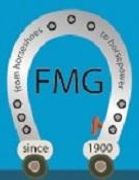Why Is My Tire Pressure Light on Now That It’s Cold?

Just like the winter weather influences people, it also has an impact on the functionality of a car. One aspect you might notice as the temperature drops is that your tire pressure light keeps turning on even though you haven’t been doing anything differently. At Fort Mitchell Garage in Covington, KY, we have customers ask us about this issue all the time. Here’s our guide to understanding the relationship between tires and cold weather.
Why Is My TPMS Going Off in Winter?
Your car has an automatic guardian overseeing your tires, known as the TPMS, which stands for the Tire Pressure Monitoring System. The mechanism alerts you via your dashboard if your tire pressure is too far from the recommended setting. More likely than not, you’ll start seeing it illuminated during winter.
 When the temperature starts getting cold, it causes the air in your tires to contract, leaving them underinflated, and causing the TPMS to light up. Essentially, when the weather is cold, air doesn’t need to take up as much space. After seeing the indicator, make a point to refill your tires to the right pressure. When you check in the future, remember to do it in the mornings since that’s when the tires will be cold from being idle. Reading the gauge after you’ve been driving will lead to inaccuracy since all the movement provides heat.
When the temperature starts getting cold, it causes the air in your tires to contract, leaving them underinflated, and causing the TPMS to light up. Essentially, when the weather is cold, air doesn’t need to take up as much space. After seeing the indicator, make a point to refill your tires to the right pressure. When you check in the future, remember to do it in the mornings since that’s when the tires will be cold from being idle. Reading the gauge after you’ve been driving will lead to inaccuracy since all the movement provides heat.
Why Should I Act Quickly to Resolve It?
You should never ignore the TPMS light. Underinflated tires are one of the most common causes of automobile accidents on the road. When there is less air in your tires, they have more trouble gripping the ground, making it tougher to gain traction as a driver. What’s worse is that roads are often slick from the winter weather, so it’s the worst possible time for your tires to be slipping.
Because it leads to awkward contact with the road, the lower air pressure also means you’ll get fewer miles per gallon, forcing you to visit the pump more frequently. That poor contact also causes increased stress on the tire, meaning you’ll have to replace it months sooner than you otherwise would. Finally, underinflated tires are more vulnerable to being punctured by road debris since they’re less firm.
The next time your tires are underinflated, drive right over to our auto repair shop. With a track record of over a century, we can offer a swift and thorough tire inspection, so you’ll know very quickly whether you need a repair or a simple pump up. We’re also available for all basic tuneup tasks, such as oil changes and engine maintenance. To learn more about our crew of mechanics, just call Fort Mitchell Garage at (859) 431-3326 or send us a message through our website.
About the Business
Have a question? Ask the experts!
Send your question

